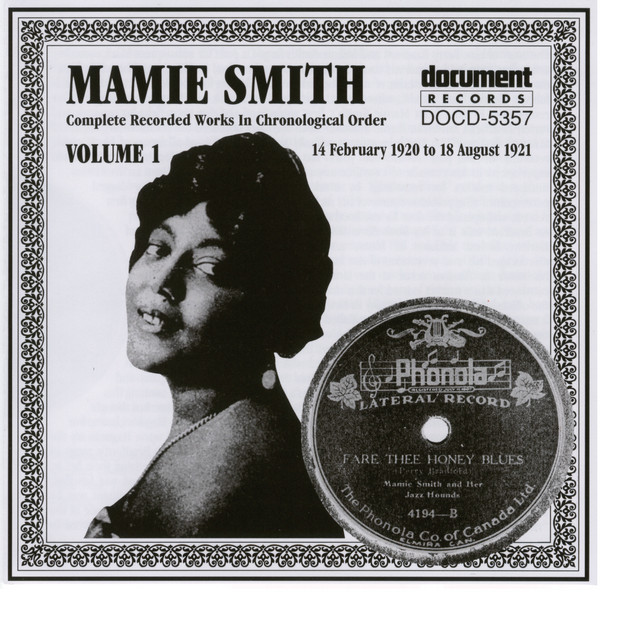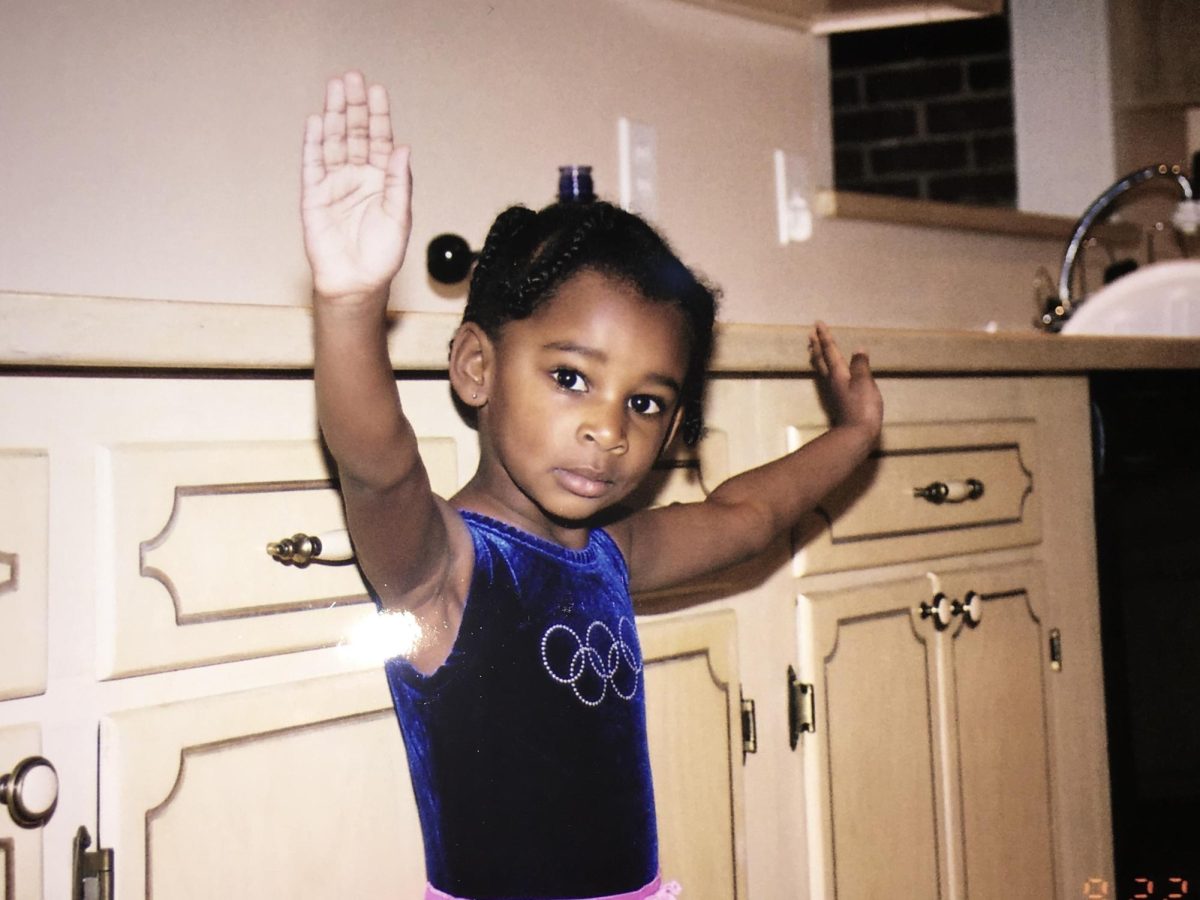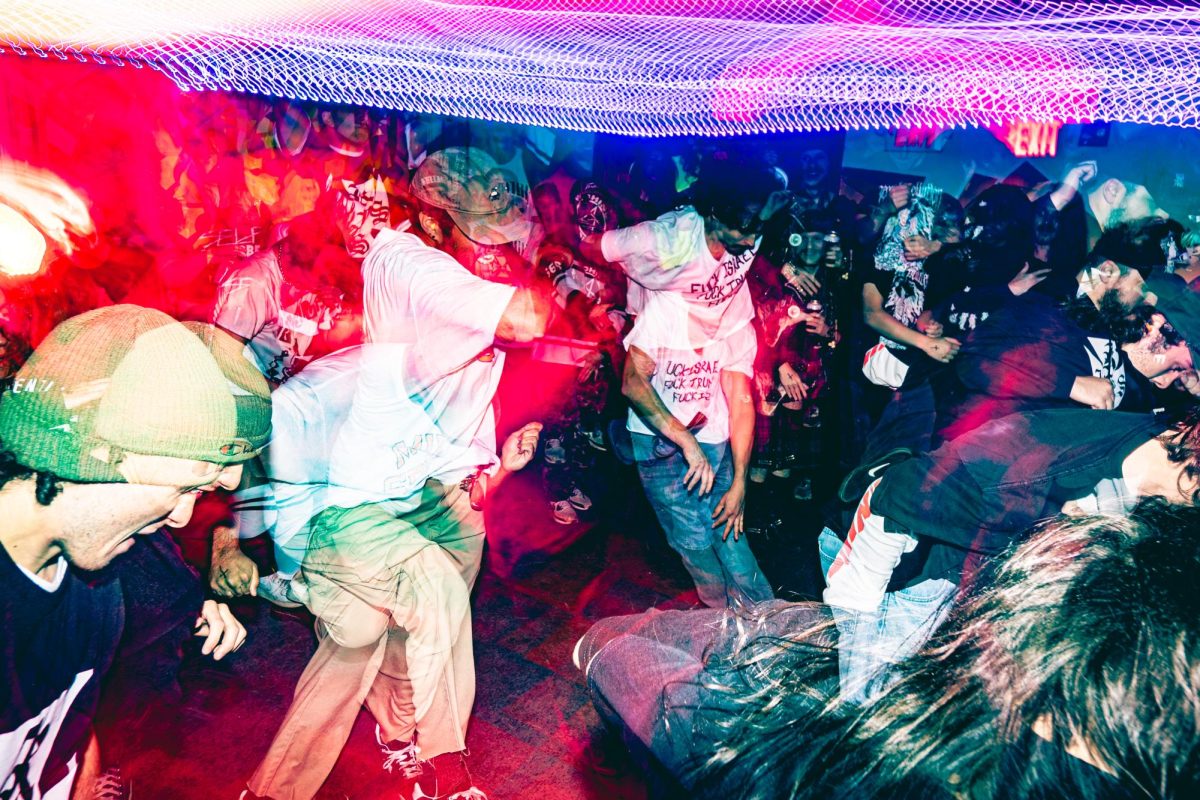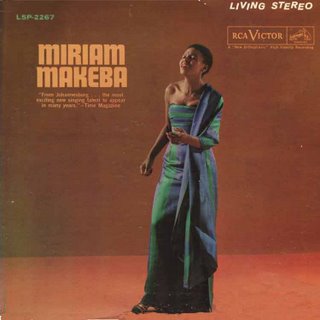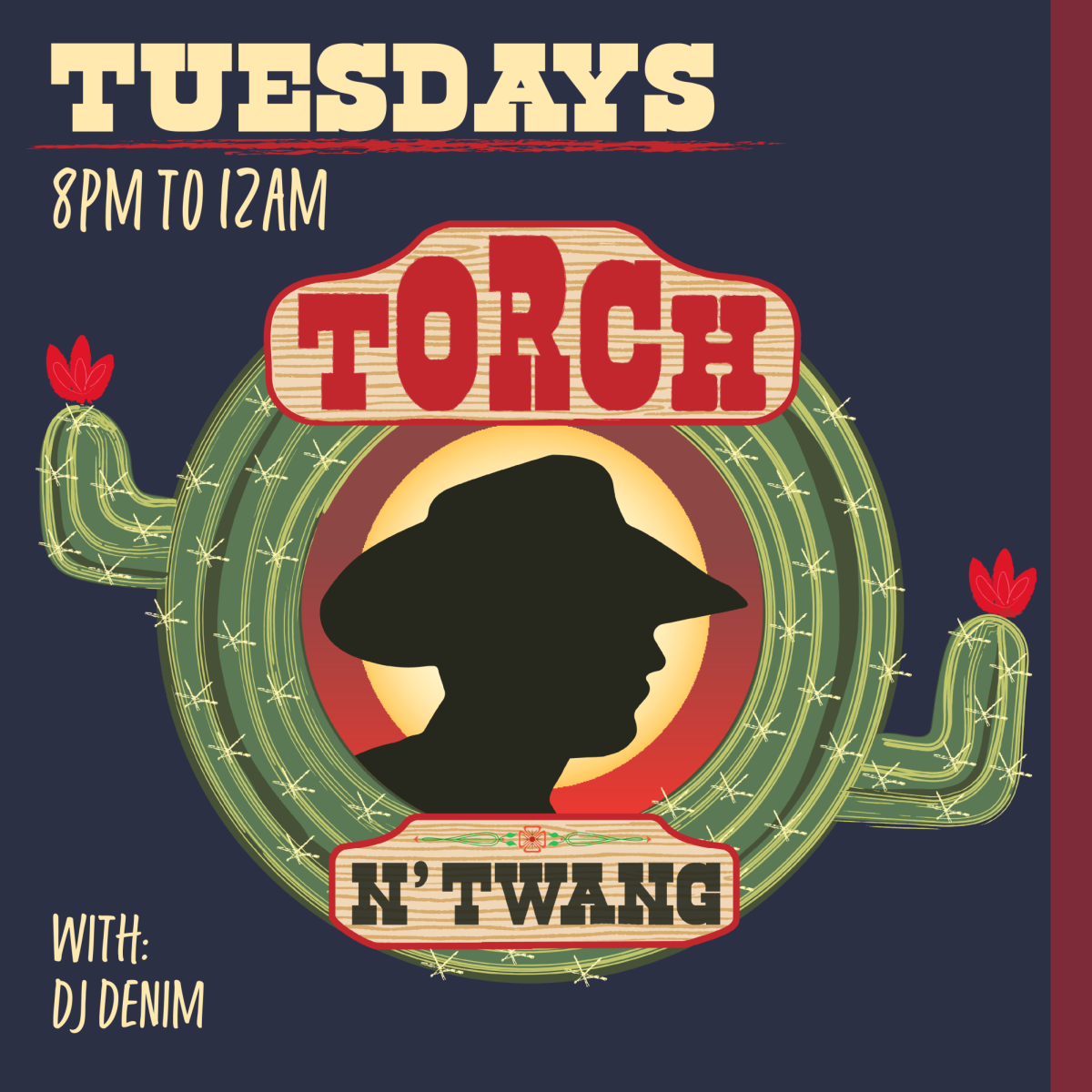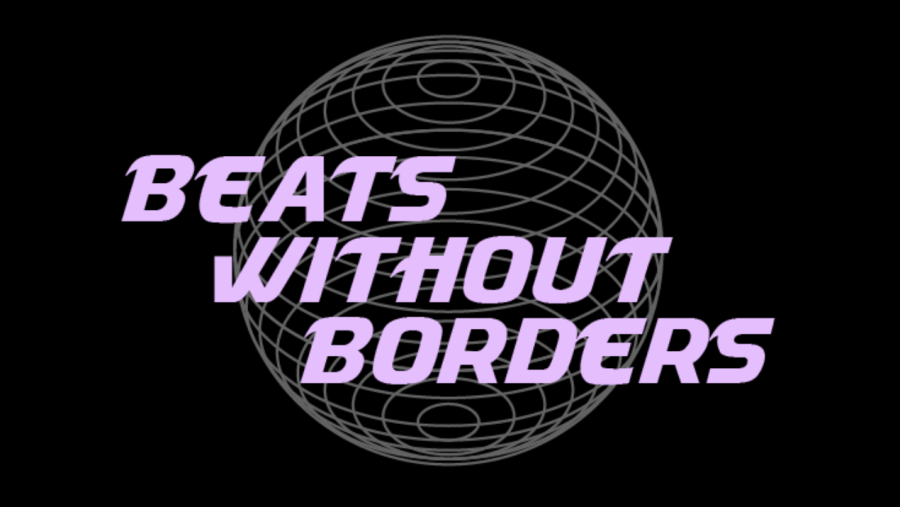Blues is a broad style of music that emerged from the Deep South in African-American communities during the late-19th century. The genre grew out of Christian spirituals which were associated with the hardships that American slaves faced. It was also inspired by the traditional music of Africa, using call-and-response vocals and the blue note, which was influenced by West Africa’s musical scales. The blues is believed to have taken off with the abolition of slavery and springing of juke joints.
A typical blues song is characterized by its 12-bar chord progression, although songs were always more diverse, using a lyrical AAB pattern, repetition and groove. Common lyrical themes in blues ranged from the struggles within African-American communities to tongue-in-cheek performance. Following World War II, themes of misery, like economic depression, were mostly traded for songs that were more sexual in tone or concerned about love.
Blues frequently influenced and overlapped with other popular genres in the United States, such as jazz, forming jump blues; rhythm and blues, forming soul blues and American folk music, forming Delta blues and Piedmont blues. The post-war development of electric blues was highly influential to rock music, giving way to the rise of rock ‘n’ roll in the 1950s.
Today, the blues’ impact on music is often understated, unfortunately leaving many black musicians’ visibility fading with time. However, engaging with the blues’ unique sound and acknowledging its undeniable mark on late-19th century to mid-20th century American culture is one small step in giving these artists the appreciation they deserve. This mixtape consists of songs that I believe define the genre.



